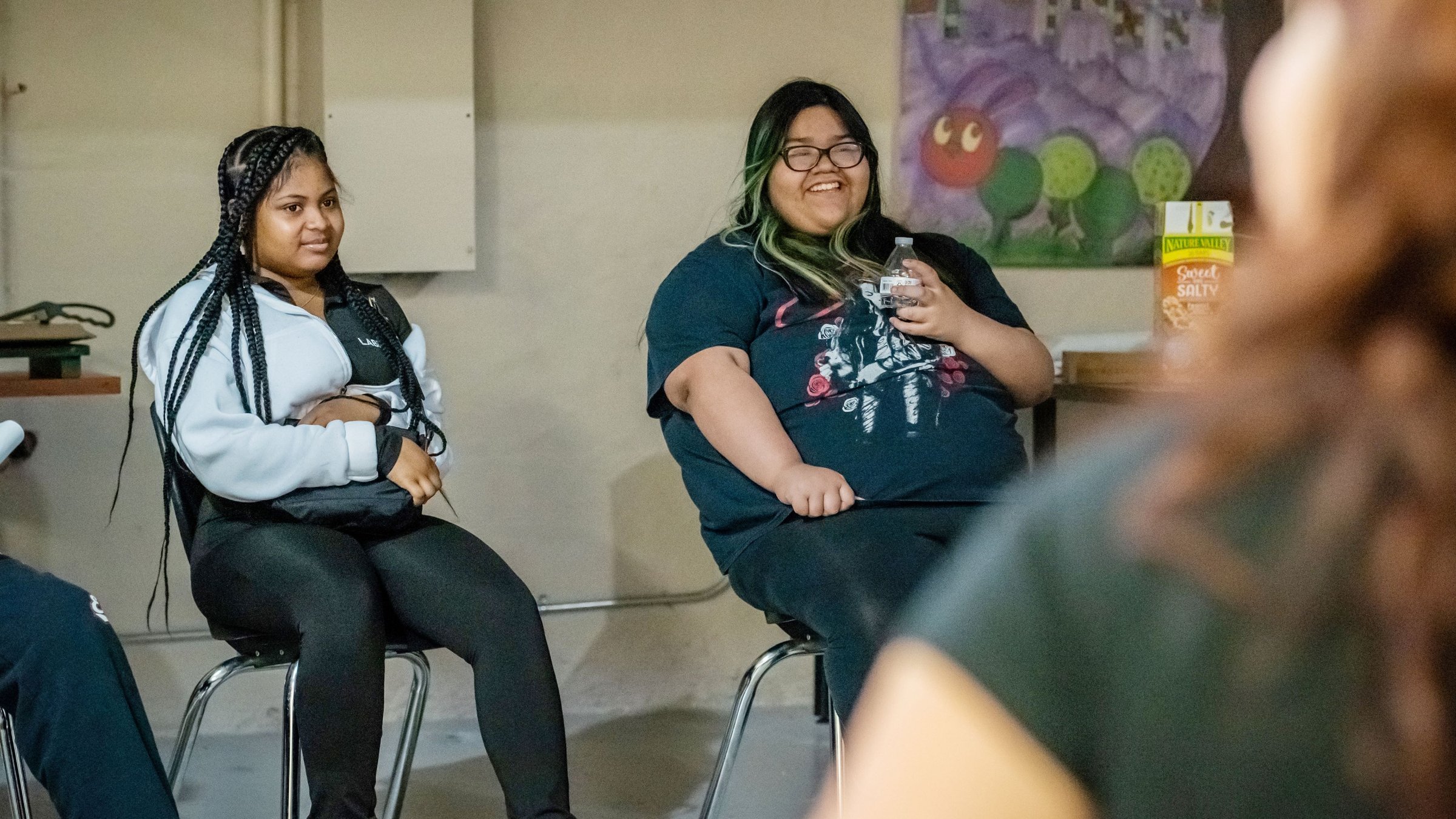Founded by a group of priests, religious and laity in 1973, nonprofit has served 170,000 young people in the last 50 years
DETROIT — In 1974, when she was 16 years old, Annette Howard was a young Detroiter experiencing poverty, trauma and neglect. Her life was headed in the wrong direction, and she didn’t know where to turn.
At risk of dropping out of school, Howard was introduced by her peers to a new program launched just a year earlier — Life Directions — and her life completely changed.
“It reversed my trajectory," Howard told Detroit Catholic. "There is research and evidence that indicates that (outcomes related to) adverse childhood experiences as a young person can be reversed if you have a positive role model and influence in your life, and I believe that is what happened with me.”
Fifty years later, Life Directions, a program that seeks to motivate young people ages 13-35 to mature into responsible, productive adults through self-direction, is still going strong.
Life Directions was co-founded by Fr. John Phelps, CSsR, Fr. Alex Steinmiller, CP, Sr. Rosalie Esquerra, OP, and laypeople Alex and Judith MacDonald in 1973. At the time, Detroit was known as the “murder capital” of the United States, and Fr. Phelps saw this violence manifest in his community.
After his ordination in 1968, Fr. Phelps began serving as a parish priest at Most Holy Redeemer in Detroit, where he noticed a tragic pattern: many of the funerals at the parish were for young people under the age of 18 who had either taken their own lives or had had their lives taken from them.
“I realized that we needed to get to the cause of violence,” Fr. Phelps, 80, told Detroit Catholic. “If we can get to the cause of violence and prevent violence, we can have an opportunity for people to grow up and be married and have families and be priests and be able to go on with their lives and live their vocation.”
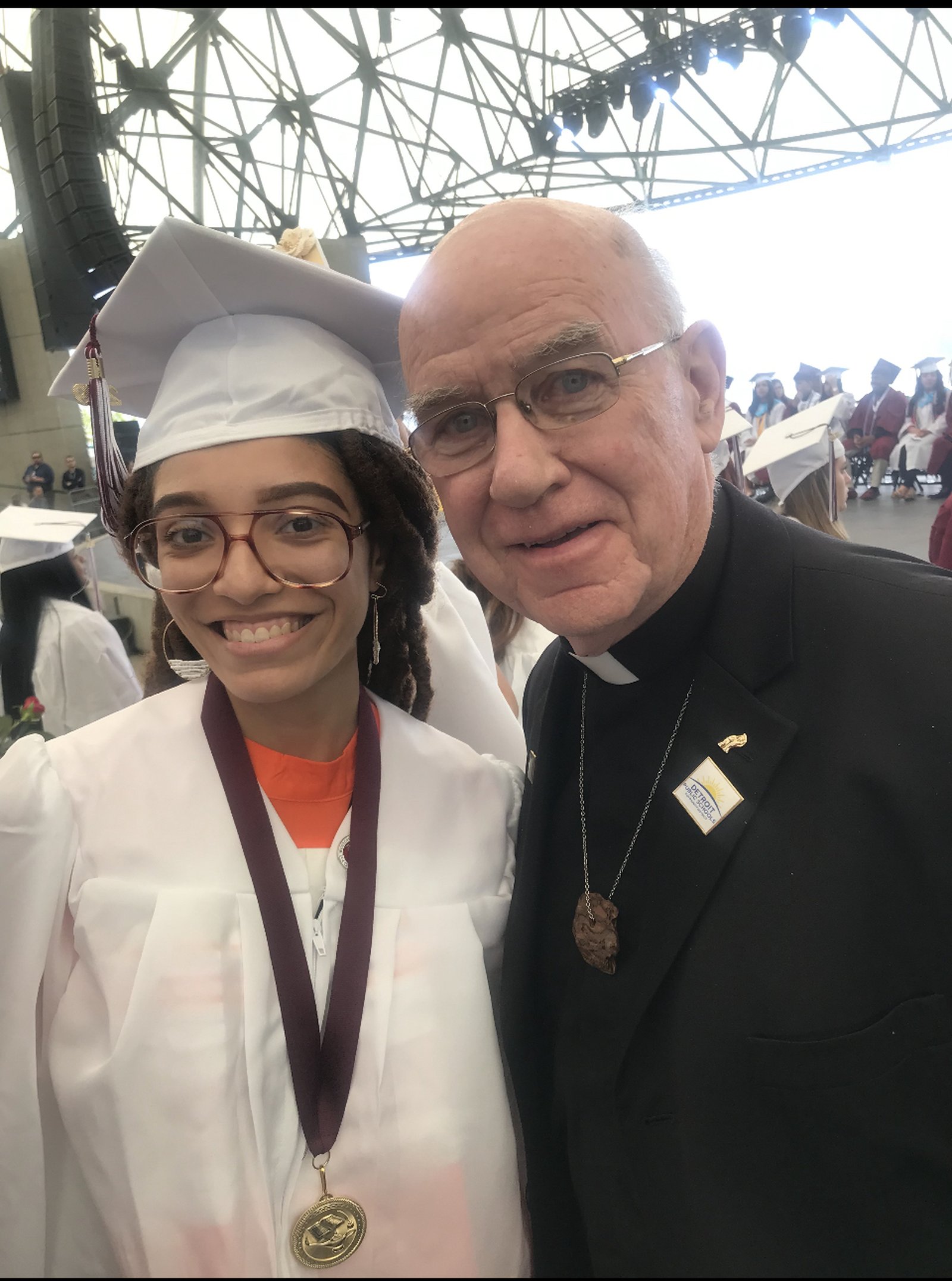
While talking to the grandparents and parents of the young people who had died, Fr. Phelps realized that many youths impacted by violence had something in common: they had dropped out of school.
“I asked, 'What would happen if we stopped people dropping out of school or at least woke them up to the value of staying in school and making school work for them?'” Fr. Phelps explained. “They would get to the cause of (the violence), and if we could stop the cause, we would be moving toward the cure.”
Seeking to help, Fr. Phelps began visiting local schools in the neighborhood, sitting in the cafeteria to make himself accessible to young people. The first time he visited a public school, several students asked him who had died — they had only ever seen the priest in the context of a funeral. He realized the young people he met desired to live a full life, but distractions at home or in their community were taking them away from that possibility.
Additionally, Fr. Phelps began to build relationships with the counselors and teachers at the public schools.
“We began to build a relationship of trust and started to develop an understanding that some young people make it through school very well, and many do not,” Fr. Phelps said. “They could begin to see their life as a gift that they could bring the world.”
Soon, the idea emerged to encourage young people to work together with their peers to inspire one another, imagining a future for themselves.
At first, Fr. Phelps began oversaw these conversations, helping the teens work through difficult situations together, often through roleplaying. Young people would gather in groups and work with one another along with an adult mentor. Soon, the group became self-sustaining — students being mentored in the program who turned their lives around becoming mentors for the next group of teens.
Five decades years later, Life Directions has served more than 170,000 youths and their families. The nonprofit expanded to other cities in the 1990s and early 2000s, including Chicago, San Antonio, Tucson, New Orleans and Salem, Oregon. Since the pandemic, Life Directions has consolidated its focus to Detroit and Chicago.
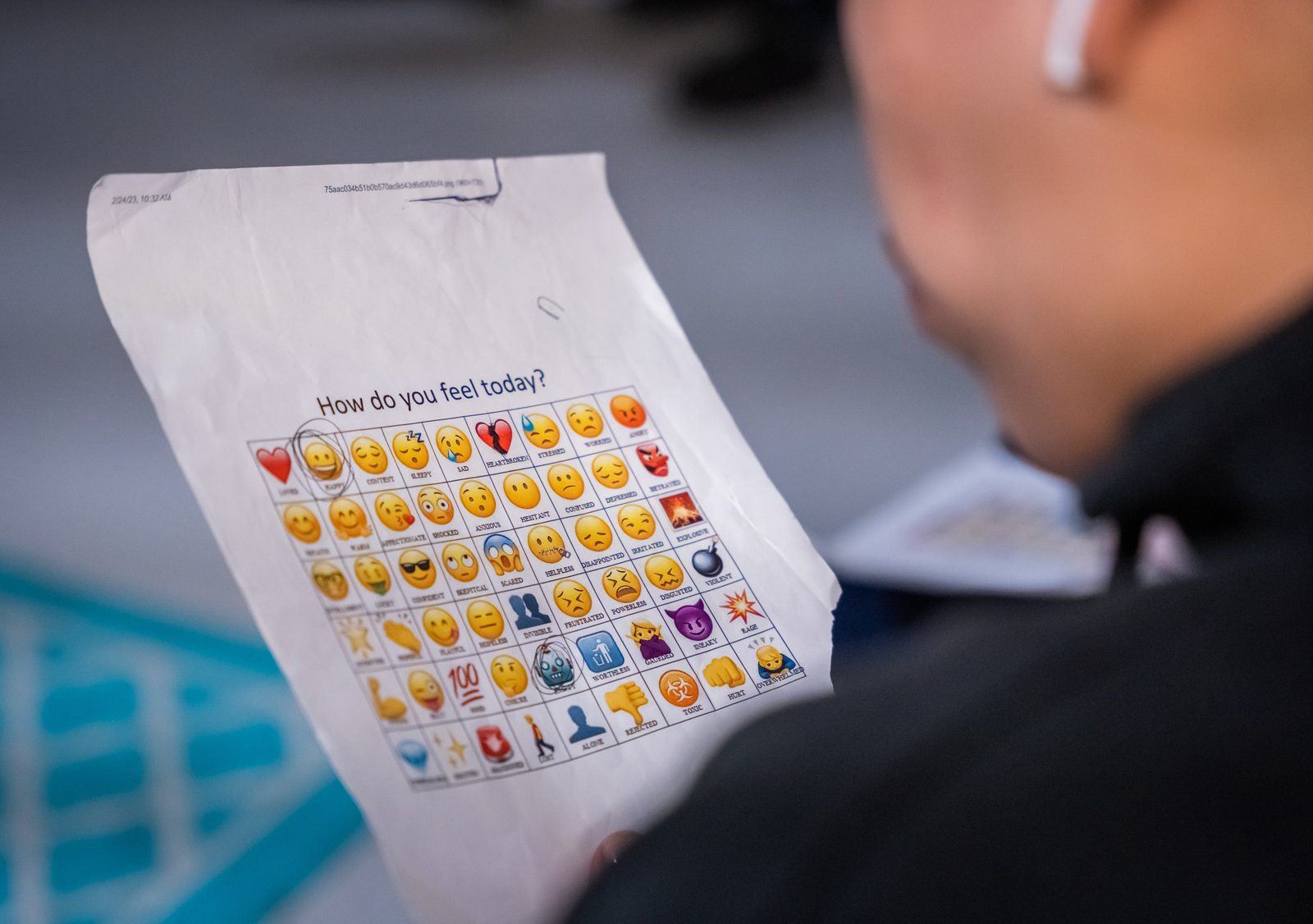
Today, the nonprofit has multiple unique programs, including the Peer Mentor Program, the Neighborhood Enrichment Program, which encourages community service, and the Focus Family Program, which allows young people to involve their families in the discussion about trauma.
After participating in Life Directions as a teenager, Howard finished high school and went to college, where she graduated with a degree in social work. She became a probation officer and a foster parent. Over the years, she retained the tools she had gained while in Life Directions.
“I remembered those skills that were implanted within me," Howard said. "I became self-aware. I learned to manage my emotions. I became socially aware. We built relationship skills, and I learned to make responsible decisions. Those skills manifested themselves in my life, and I was always thankful that I had an opportunity to experience Life Directions as a young person.”
Howard remembers sitting in a circle with her peers, discussing her emotions and the troubles in her home life.
“Oftentimes, I had anger in me, and I was provided a space to be able to share that and receive affirmation from my adult mentors and my peers,” Howard said.
Thirty years after her time in the program, Howard serves as the organization's director of training, overseeing all volunteers and employees of the nonprofit.
“I (work here now) because it is my way of giving back what I received,” Howard explained.
Since rejoining Life Directions, Howard has watched it evolve and adapt to better serve young people in the community. Today, the nonprofit focuses on teaching social-emotional learning, which helps young people become more self-aware and grow in empathy with their peers and the world around them.
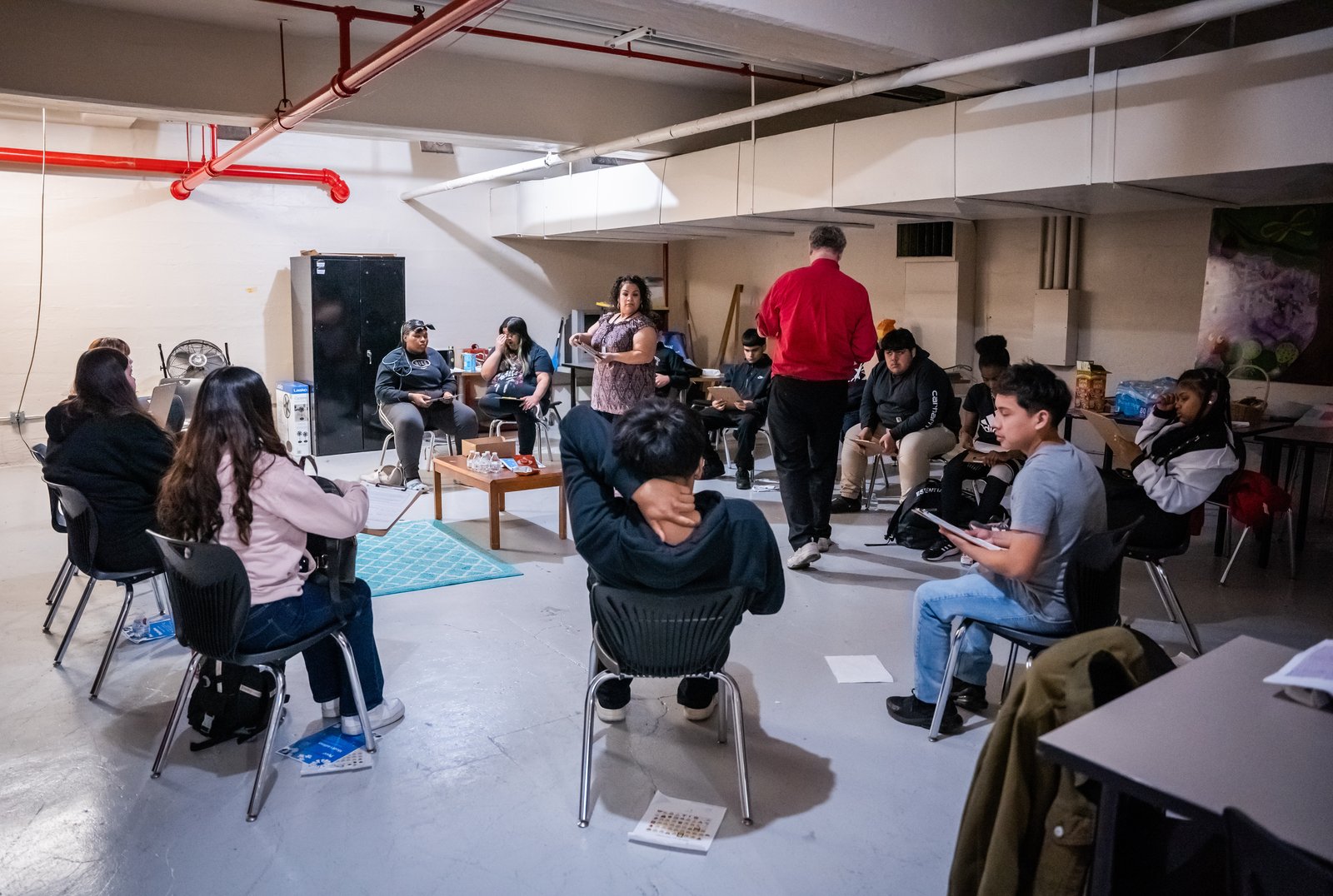
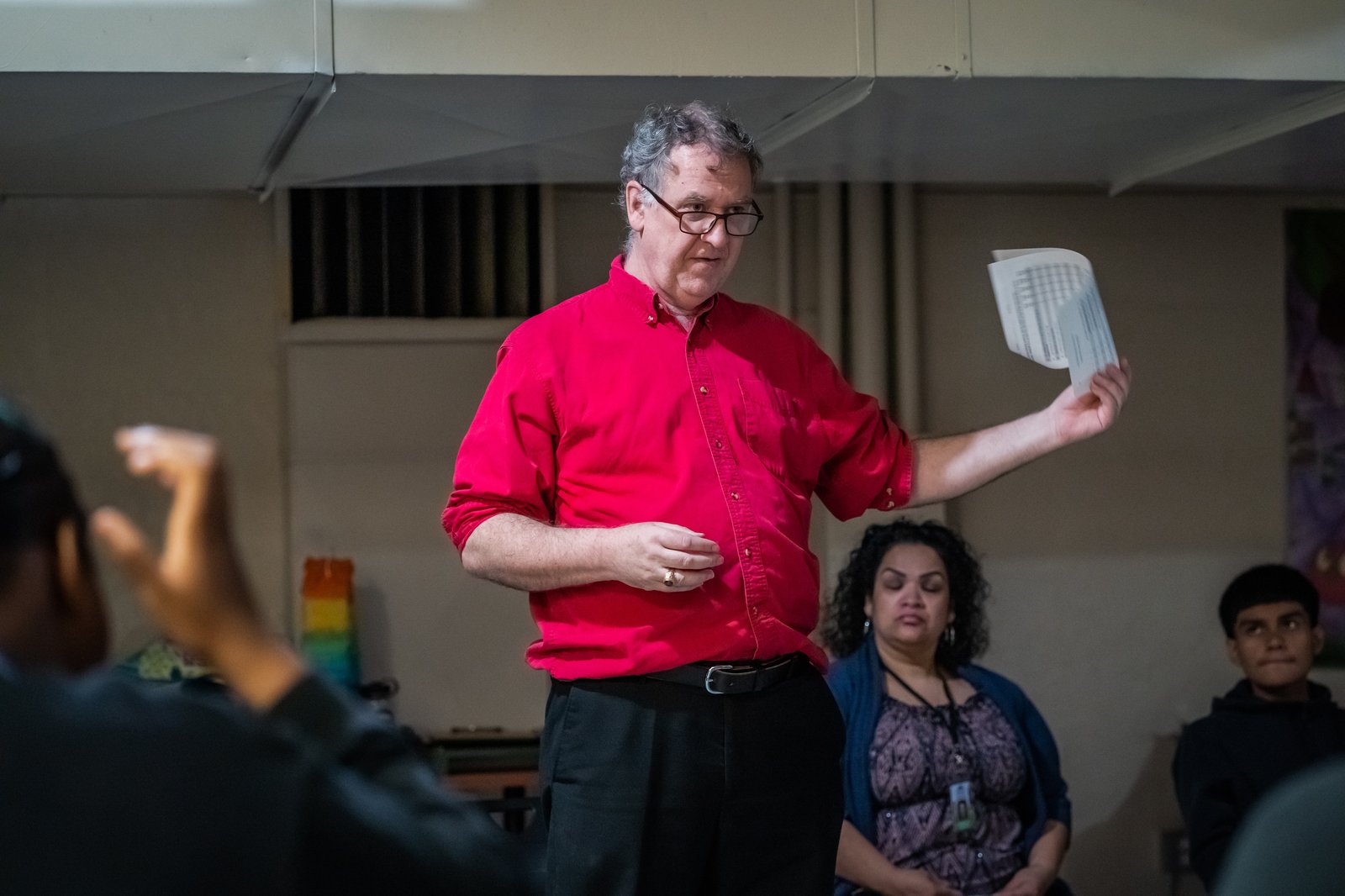
The Focus Family program has become increasingly important, especially post-pandemic. Howard said the program gives youths a way to discuss trauma with their parents and grandparents in a structured and strategic manner.
“We realized that during the pandemic, many of the young people were experiencing a lot of trauma," Howard said. "They were experiencing a lack of socialization, and death was all around them. (Often) the parents were not employed, so a lot of them were really socially and emotionally and psychologically affected.”
Howard is still in touch with her original peer group from 1974, who all have gone on to live fulfilling lives with rewarding careers, she said.
“I certainly believe in the results, and not just me, but my peers," Howard said. "There are others who can share stories that might not be exactly like mine, but theirs are just as impactful. What we do, I like to say — based not only on my experience but what we see now — is we stop the cycle of trauma and systemic poverty.”
Fifty years in, Fr. Phelps hopes that those who have benefited from the program spread the word and share their success stories.
“Hope is exactly what we are bringing to the public schools, and many people wonder why there is a Catholic priest or a sister in public schools doing this kind of work,” Fr. Phelps said. "The reason is hope.”
Copy Permalink
Social justice


